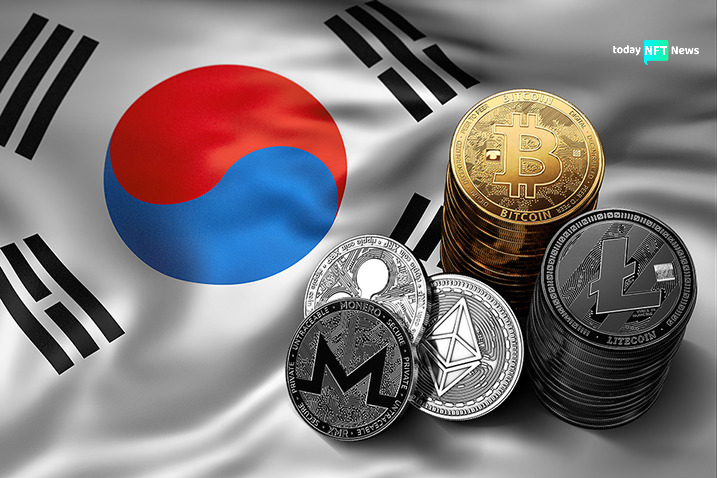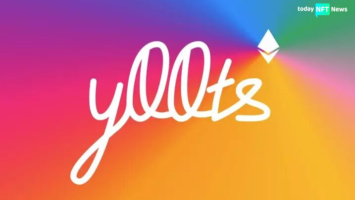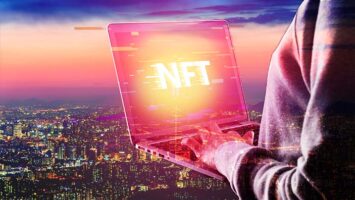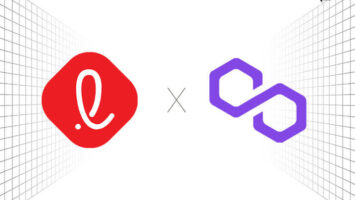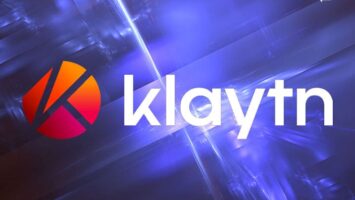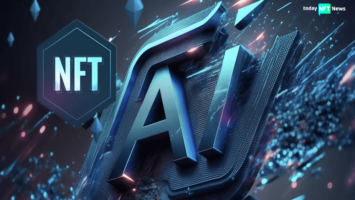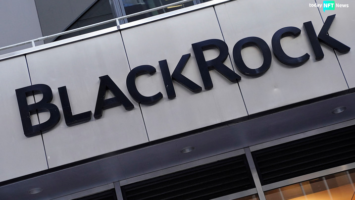SNEAK PEEK
- Starting July 2024, South Korea’s FSC will enable investors to earn interest on digital asset deposits in exchanges.
- The directive excludes nonfungible tokens and central bank digital currencies from earning interest.
- Exchanges must segregate user deposits, entrust them to banks, and store 80% of coins in cold wallets.
South Korea’s Financial Services Commission (FSC) has issued a new directive that will impact digital asset investors and exchanges in the country. According to the FSC’s notice, starting from July 2024, investors who deposit their digital assets into exchanges will be entitled to receive interest on their deposits. This move is part of South Korea’s efforts to regulate the crypto space more comprehensively.
However, there are exceptions to this new rule. Nonfungible tokens (NFTs) and central bank digital currencies (CBDCs) have been excluded from the mandate. The FSC’s decision to exclude NFTs and CBDCs reflects the unique nature of these digital assets, which may not fit the criteria for interest-bearing deposits.
Interestingly, the FSC has left room for potential exceptions to this exclusion. If certain NFTs are categorized as payment methods and are issued in significant quantities, they may be reclassified as virtual assets and become eligible for interest when deposited into exchanges. This shows the regulator’s flexibility in adapting to the evolving landscape of digital assets.
In addition to addressing interest on deposits, the FSC has also laid out guidelines for the safe handling of user deposits by virtual asset operators. Exchanges are now required to segregate user deposits from their own assets and entrust them to a bank. Furthermore, a substantial portion, specifically 80%, of the coins must be stored in a secure cold wallet, enhancing security measures.
The FSC’s directive also covers preparations for potential hacks or computer incidents. Virtual asset service providers are mandated to either acquire insurance or accumulate reserves to mitigate the impact of such incidents. Additionally, the new law prohibits exchanges from blocking deposits or withdrawals unless it is deemed absolutely necessary and authorized by the courts or financial regulators.
South Korea has been actively solidifying its regulatory framework for the cryptocurrency industry. Earlier in December, financial regulators called on users to report unlicensed crypto exchanges operating within the country. This initiative was led by the Digital Asset Exchange Association and the Financial Intelligence Unit of South Korea.
As South Korea continues to adapt to the ever-evolving landscape of digital assets, these regulatory changes aim to strike a balance between investor protection and industry growth. The FSC’s decision to exclude NFTs and CBDCs, while allowing for potential exceptions, highlights the need for flexible and nuanced regulation in the world of cryptocurrencies.



